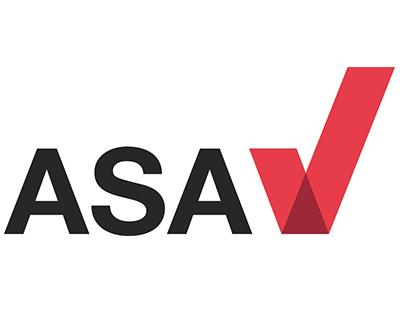
The Advertising Standards Authority has explained to Estate Agent Today why many of the complaints made against estate and letting agents are ‘informally resolved’ and are not the subject of more hard-hitting verdicts.
EAT raised the issue with the ASA following a series of comments by industry figures regarding a recent string of complaints made to the authority concerning claims made by agents.
Although many of these concern claims in marketing material which turn out to be untrue, it is often the case that the agents concerned simply exchange telephone calls or emails with the authority, amend the material or promise not to repeat the claim, and then the matter is concluded and labelled 'informally resolved'.
Now a spokeswoman for the ASA has told EAT: “Our own public research shows us an informal resolution is the preferred option for both advertisers and complainants.
“It is a fast and effective way to resolve what are normally complaints about minor or clear cut issues under the rules and which are easily corrected.
“We do however reserve the right to escalate any complaint to a formal investigation if we feel like the concerns raised represent a significant consumer detriment or if the advertiser wished to challenge the details of the complaint raised.”
The ASA’s 2015 annual report noted the increasing trend for complaints to be made about online advertising - complaints about internet advertising are running at about twice the rate of the next-most complained-about medium, TV advertising.
In the annual report, ASA compliance executive Nausheen Haque says the vast majority of advertisers respond co-operatively to the authority’s rulings “because they recognise they have a direct stake in ensuring their ads are responsible and treat consumers fairly.”
She says that on the rare occasions when an advertiser is unwilling or unable to work with the authority to remedy the problem, the ASA has options including publishing the business’ name on the non-compliant advertisers section of the ASA website, and removing its sponsored search ads. “In those even rarer cases when the advertiser still refuses to come into compliance, we can refer the matter to Trading Standards” she says.
The authority says there are three types of action it can take when it receives a complaint:
No additional investigation - “We may decide there is no problem under the Advertising Codes and take no further action. In other cases, we are unable to investigate because the complaint or the advertising material falls outside of our remit.”
Informal resolution - “We will, where it is appropriate, resolve issues informally. For example where a minor or clear cut breach of the Advertising Codes has been made, we might issue advice on how to comply with the Codes or seek an assurance that an advertiser will change or withdraw their ad straight away.”
Formal investigation - “If the ad raises concerns under the Advertising Codes, we can conduct a thorough investigation in which all sides are given the opportunity to comment. Advertisers will be asked to provide their rationale or relevant evidence to support their advertising approach and the claims they have made. Final rulings are made by the ASA Council and are published on our website in full each week.”















%20-%20IMAGE%20Client%20Accounting%20%E2%80%93%20what%20are%20your%20options.jpg)


.png)
.png)
.png)
%20(002).png)






%20(002).jpg)












Join the conversation
Jump to latest comment and add your reply
Nice of them to explain but it doesn't really solve the issue. If agents know that they can make unsubstantiated or false claims for as long as it takes for the ASA to get in touch and ask them to change it then they will keep doing so. The whole problem is that informally resolved cases do not act as a deterrent.
Great story, Graham. Nice work on pushing the ASA on this. Informally resolved cases does always sound like a bit of a cop out - what does that actually mean?
The ASA tries to give the impression it is an official body that can take direct action against companies which is misleading. The worst they can do is name and shame or, pass the complaint on to an already underfunded and overstretched Trading Standards (TS). Perhaps the ASA will consider funding TS to help deliver results that are respected by the industry and are actually likely to deter offenders.
Please login to comment